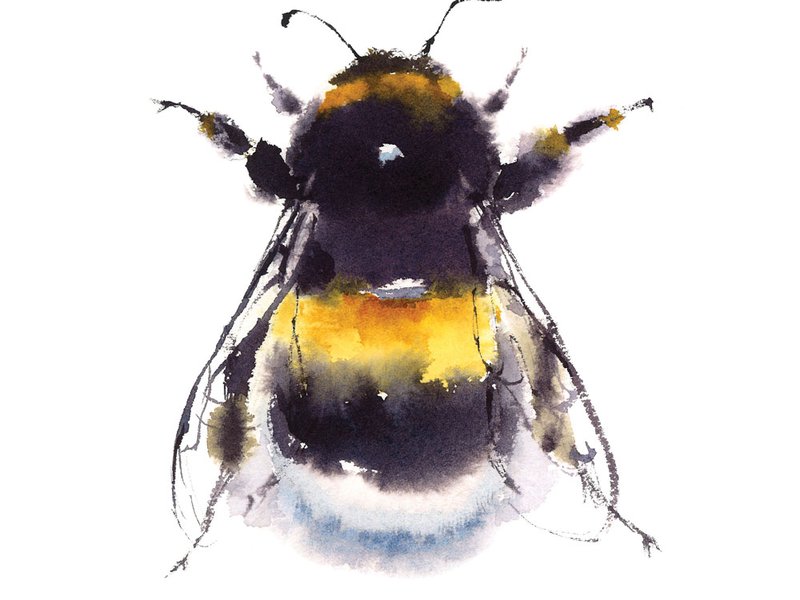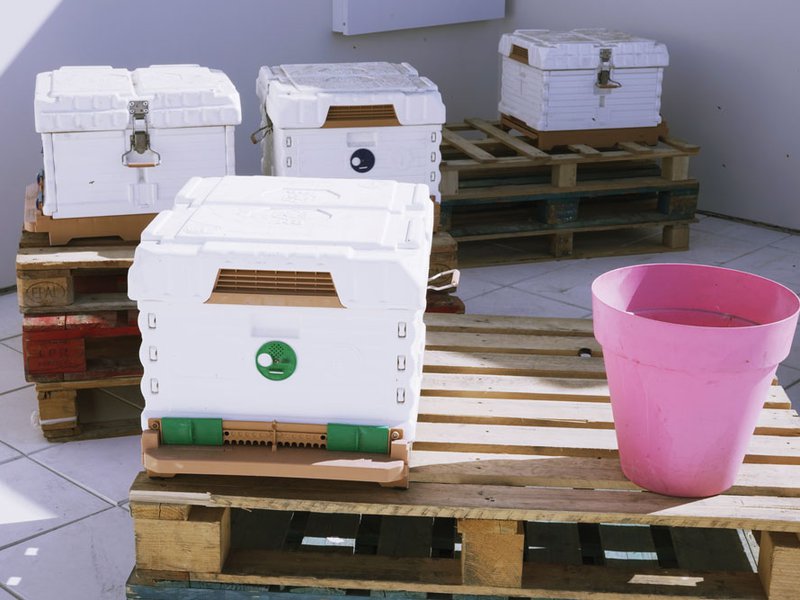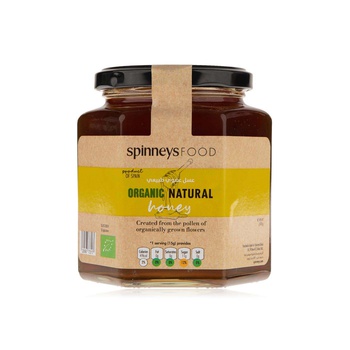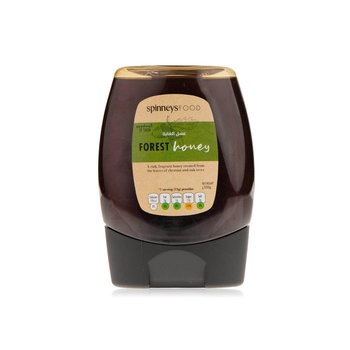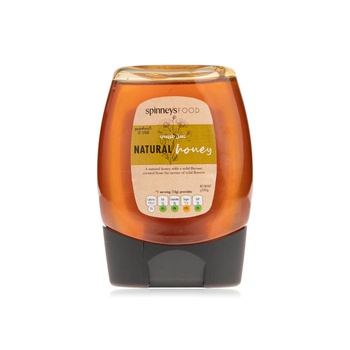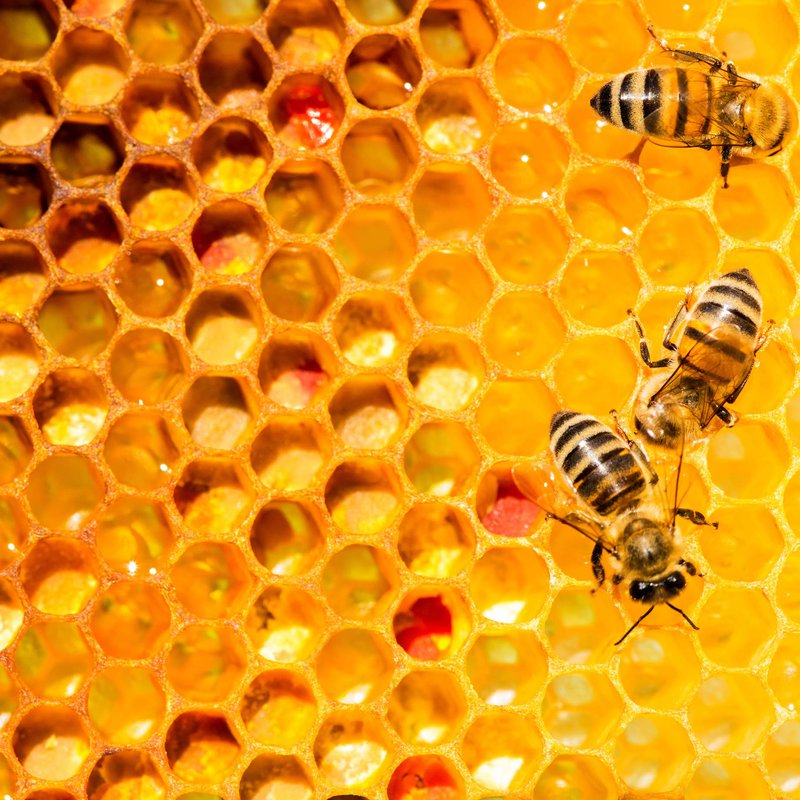We delve into the relationship between bees and humankind while learning more about the Gulf region’s connection with these industrious insects
The relationship between humans and bees can definitely be described as long-term, though it’s always been a bit one-sided. Prehistoric art depicts our species exploiting theirs some 10,000 years ago. Ancient Egyptians placed honeypots in the tombs of the pharaohs. The abbeys and monasteries of medieval Europe were lit by beeswax candles. But we didn’t bother to wonder much about bee biology and society until natural philosophers took an interest in the 18th century, around the same time that we finally learned how to harvest the fruits of their labour without destroying their homes. A few hundred years later, we are still coming to understand how important they are – how much our own lives depend on them.
These creatures pollinate about one-third of all the crops we grow on earth. Which is to say that we have bees to thank for every third spoonful of our food. There are many other pollinating insects, but none work quite so hard, under such a range of threats: invasive species, poisoning by herbicide, habitat destruction, and the global warming that drives them to live in ever-higher, colder, narrower corridors, not to mention the “deformed wing virus”, spread by a parasitic mite, which caused heavy losses of colonies early in this century.
That some wild bees have adapted to the mite (known as varroa destructor) might be the most significant discovery of the last decade or so, says Professor Thomas Seeley of Cornell University, a leading authority on bee behaviour. His latest book, Darwinian Beekeeping, outlines ideas for promoting the health of bee species in line with their own millennia-long process of natural selection. Could these ideas be scaled up to industrial beekeeping and thereby help ensure our food security?
“Probably not,” says Professor Seeley. “Large-scale beekeeping crowds colonies together [which allows diseases to spread] and their size makes them super-hosts for mites. It also relies on commercially produced queens that are not properly selected to resist those mites.” Having been at the forefront of bee studies for decades now, he finds it hard to say exactly what fascinates him about them, except to say that it’s something about “a group of animals, or insects, in which everyone is working in harmony”.
Dubai-based beekeeper Olivier Cantagrel says much the same thing. As a kid he first encountered bees on farmlands owned by his grandparents in central France, but Olivier then spent much of his life and career working in telecoms, “away from nature and without the time or space for anything like this”. His Emirati neighbour Hussein reintroduced him to beehives, and they have since become “a hobby that got out of hand”.
Effectively retired from his former day job, he now farms his own bees, harvests and sells the raw honey, builds hives for sale to other amateur keepers, runs workshops for kids and occasionally removes wild bees from balconies around the city at the request of nervous residents. Indeed, explains Olivier, the Gulf has its own native species, apis florea.
“They were here before the city, before humans, even before this region was desert. And their territory is expanding now, as Dubai expands.” This makes these particular dwarf bees a relative exception to the general trend whereby more than 50 bee species are listed as endangered, at least seven of them critically so. They’ve also evolved to cope with the extreme summer temperatures of the UAE, even while they don’t produce much honey.
Olivier’s Bee Farm, as he calls it, comprises imported bees of the domestic species apis mellifera, who are vastly more productive but also more vulnerable to the heat. His methods are generally geared toward the “natural beekeeping” that causes minimal disturbance to the hives and replicates as far as possible their conditions in the wild. At the same time, these particular bees don’t belong in Dubai and forest hives would never be so close together, “so there is always an element of human interference in what we are doing”.
He can at least offer them the shade and water that they need to survive in this climate – much of their work in the hottest months is given over to cooling the colony – and approach them with the requisite care and respect, or the “minimum politeness”, as he puts it. To be stung while harvesting means that there has been “some kind of misunderstanding”. Asked how often this happens, Olivier says maybe a couple of times a year, but also admits: “I was actually stung about one minute before you called.”
In producing raw honey, he is part of a tradition that extends deep into the ancient past, though in the Gulf region it was historically more medicinal than food. “If you imagine a small oasis in the old times, with not much but a few dates and some vegetables. So the sugar from honey might give you a boost, but it also had prophylactic and antiseptic properties that would help heal wounds. Even today it’s used as a medicine for treating burns.”
The market for honey in the Emirates is now such that it costs four or five times as much as in Europe, but Olivier doesn’t produce enough to make a lot of money. “You won’t become rich by practising this. For me it’s just a nice departure from the corporate world I was in for so many years, and as you get older it’s nice to feel you’re being useful in some small way.”
As a species, we can certainly benefit from adopting more of the “politeness” he demonstrates in his small-scale farming. It’s the antithesis of commercial operations that have made our relationship with bees seem ever more abusive. “The need to produce pushes modern industrial beekeepers to do short cuts, so they become less like farms and more like factories.” His own relationship with them is not personal he says, though it can feel like that.
“It’s not with individual bees, because they live only a few weeks. But they are such social creatures that the real animal is the whole colony.” Olivier describes the act of putting a hand into the hive as a form of meditation, a means of communication and an entry to another dimension. “For humans, sight has become our most used sense. For bees it is more about scent. They send and receive messages mostly by pheremones. You must be calm, so they are calm, then you get calmer and you are kind of accepted into their mysterious world.”

